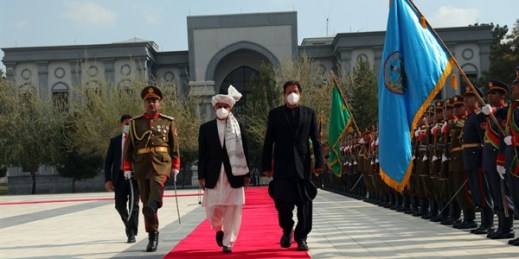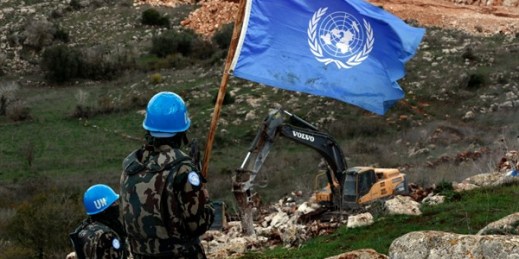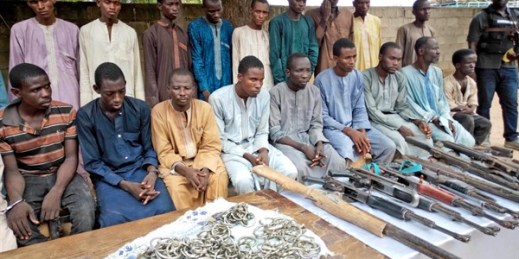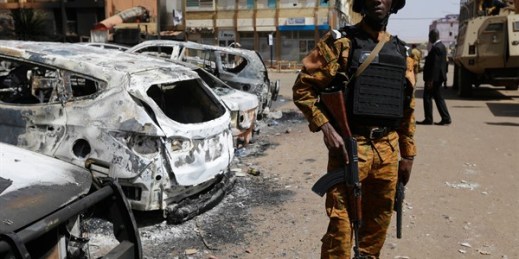
As U.S. troops begin what may be their final withdrawal from Afghanistan, no third country will be affected by their departure as much as Pakistan, which shares a long, porous border with Afghanistan, hosts much of the Taliban leadership as well as millions of Afghan refugees, and faces threats from Pakistani militants based there. For Pakistan, America has been both a partner and a strategic competitor in Afghanistan. Notionally, the U.S. exit presents Islamabad with an opportunity to proactively shape Kabul’s political future in its favor. But in reality, a post-withdrawal Afghanistan without an internationally backed, intra-Afghan accord offers far […]



